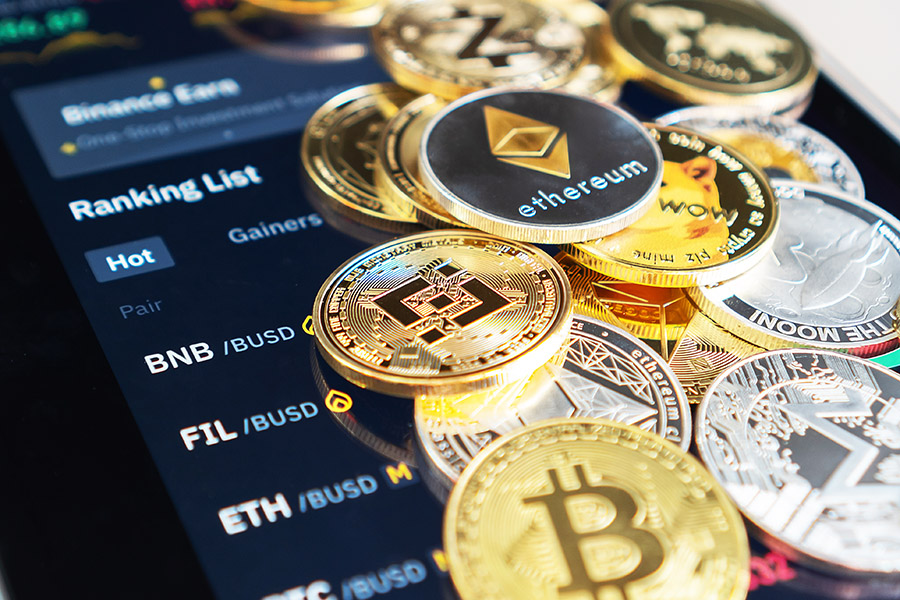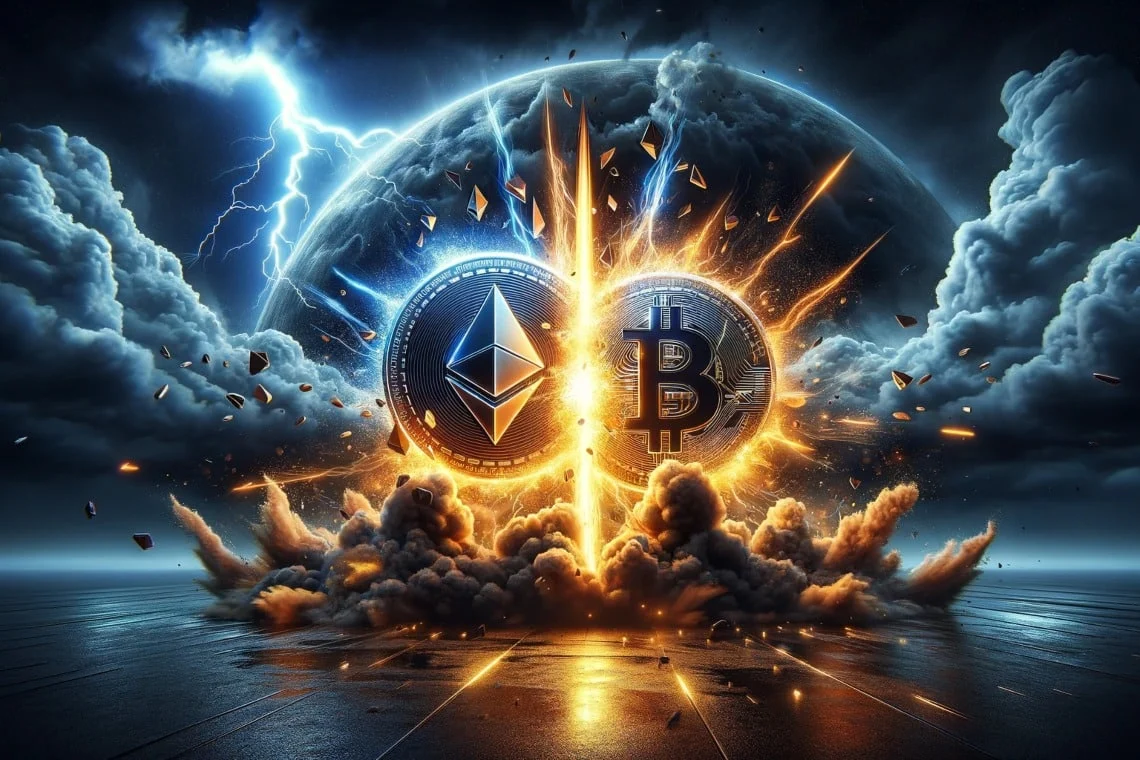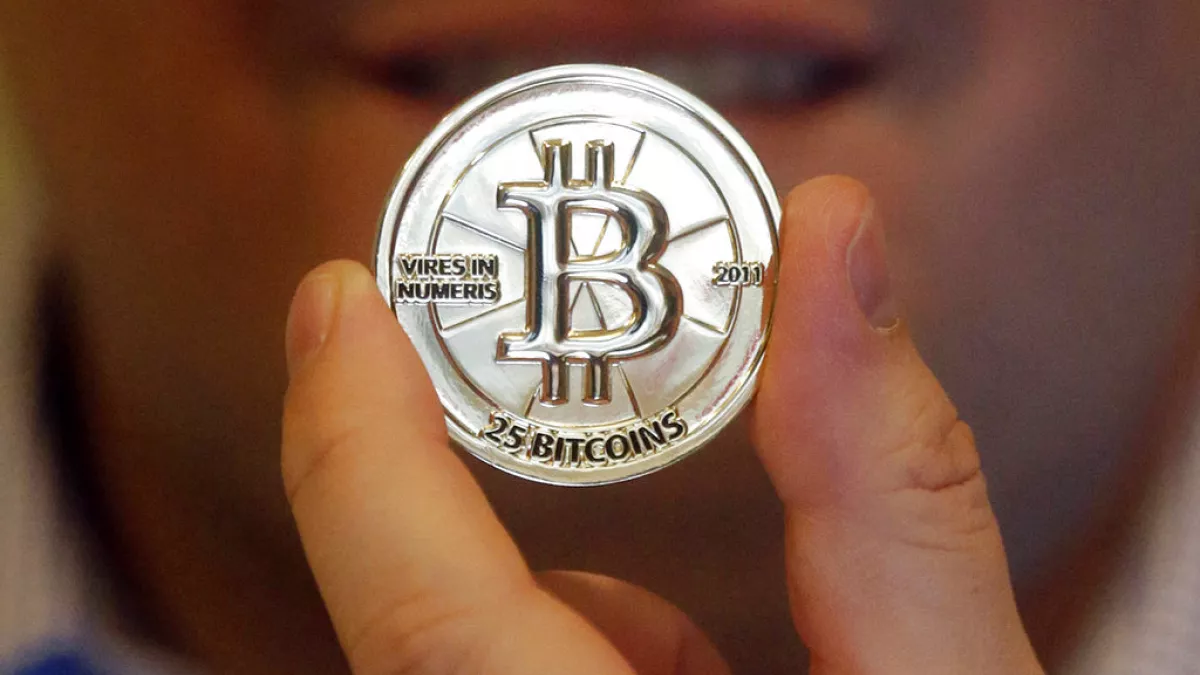ChinachineseConsumercostsCovid
The annual inflation rate in China has unexpectedly slowed down in March to its lowest level in a year and a half, the latest statistical data indicates. On a monthly basis, consumer prices decreased for a second consecutive month, despite estimates suggesting they will remain unchanged.
Post Zero-Covid Policy Inflation in China Eases Further
China’s annual inflation rate fell to 0.7% in March, from February’s 1.0%, according to official numbers released by the National Bureau of Statistics. That’s the lowest figure since September 2021, noted the Trading Economics website which quoted the data.
The unexpected drop reflects further easing of the costs of both food and non-food items which comes amid an uneven economic recovery after the removal of the government’s zero-Covid policy, the statistical portal highlighted on Tuesday.
Food inflation decreased to 2.4% from 2.6% in February, a 10-month low which is largely due to a decline in the cost of fresh vegetables which turned out to be steeper than the rise of pork meat prices, the analysis shows.
At the same time, non-food prices continued to ease as well, from 0.6% to 0.3%, a trend linked to further declines in the cost of transportation (-1.9% compared to 0.1%) and housing (-0.3% versus -0.1%), the report detailed.
Meanwhile, on the other end of the spectrum, education costs increased more than the previous month, at 1.4% in March from 1.2% in February, and inflation remained unchanged for health-related expenses, at 1.0%.
Core consumer prices, excluding the volatile prices of food and energy, went up 0.7% year-over-year, after a 0.6% gain in the previous month, the state statistics office also said. They dropped 0.3% on a monthly basis despite forecasts they would remain flat.
Hong Kong stocks jumped following the government report about the slowing price rises. Experts have been explaining China’s lower inflation in comparison with Western economies by way of Beijing’s tighter monetary policies during the pandemic, access to cheaper energy from allies like Russia and Iran, and the country producing many of the commodities that it needs.
China, chinese, Consumer, costs, Covid, data, economic recovery, Economy, Energy, expenses, Food, inflation, inflation rate, non-food, pandemic, price levels, Prices, rate, recovery, slowdown, Statistics, transport, zero-Covid policy
Do you think inflation will continue to slow down in China? Share your expectations in the comments section below.

Lubomir Tassev is a journalist from tech-savvy Eastern Europe who likes Hitchens’s quote: “Being a writer is what I am, rather than what I do.” Besides crypto, blockchain and fintech, international politics and economics are two other sources of inspiration.
Image Credits: Shutterstock, Pixabay, Wiki Commons
Disclaimer: This article is for informational purposes only. It is not a direct offer or solicitation of an offer to buy or sell, or a recommendation or endorsement of any products, services, or companies. Bitcoin.com does not provide investment, tax, legal, or accounting advice. Neither the company nor the author is responsible, directly or indirectly, for any damage or loss caused or alleged to be caused by or in connection with the use of or reliance on any content, goods or services mentioned in this article.
Source : Bitcoin



